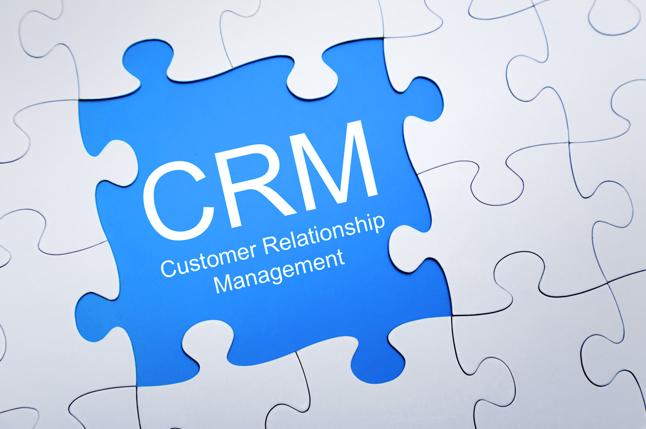
Through 2017, CRM leaders who avoid MDM will derive erroneous results that annoy customers, resulting in a 25 percent reduction in potential revenue gains.
"Over the last several years, CRM software sales have outstripped overall IT spending," said Bill O'Kane, research director at Gartner. "CRM leaders must understand the benefits of the MDM discipline to CRM and make it part of their CRM strategy. The '360-degree' view of the customer requires that all the operational master data pertaining to "the customer be combined from all of the data silos where it currently resides," said O'Kane.
MDM provides 360-degree customer view
In organizations applying best practices, this integration is most often done in a real-time service-oriented architecture (SOA) environment, with the MDM hub acting as a peer to the other mission-critical operational systems (such as CRM and ERP). This typically results in a virtual (federated), rather than a physical 360-degree view of the underlying data.
Once this multichannel view of the customer's activity within the organization has been assembled, then the buying patterns can be accurately aggregated across product types to enable creative cross-selling and upselling. Identification of customers more likely to cease doing business with the organization in the near term is facilitated, so that they can be engaged earlier for retention purposes.
MDM enables to utilize big data insights
MDM also provides new opportunities for CRM leaders to effectively utilize big data sources — such as social networks — and external data enrichment providers. Organizations have long made use of commercial data enrichment providers for applications such as customer segmentation, customer acquisition and prospecting.
Without MDM, attempting to identify a customer will result in the same issues of inaccuracy and expense as those using the more traditional commercial data providers with fragmented or unmanaged master data.
MDM enhances business operations
A further emerging area of MDM-driven enhancement to CRM is business operations. As the pertinent master data in an organization is identified and integrated under the MDM umbrella, it often becomes clear to organizations that they have an opportunity to both consolidate and substantially improve the scope of responsibility within their CRM-related business functions such as customer service, sales, marketing and e-commerce. An MDM approach across these functions can provide a 360-degree customer view to the entire organization, ensuring consistency of the customer experience.

 In
In
Add new comment